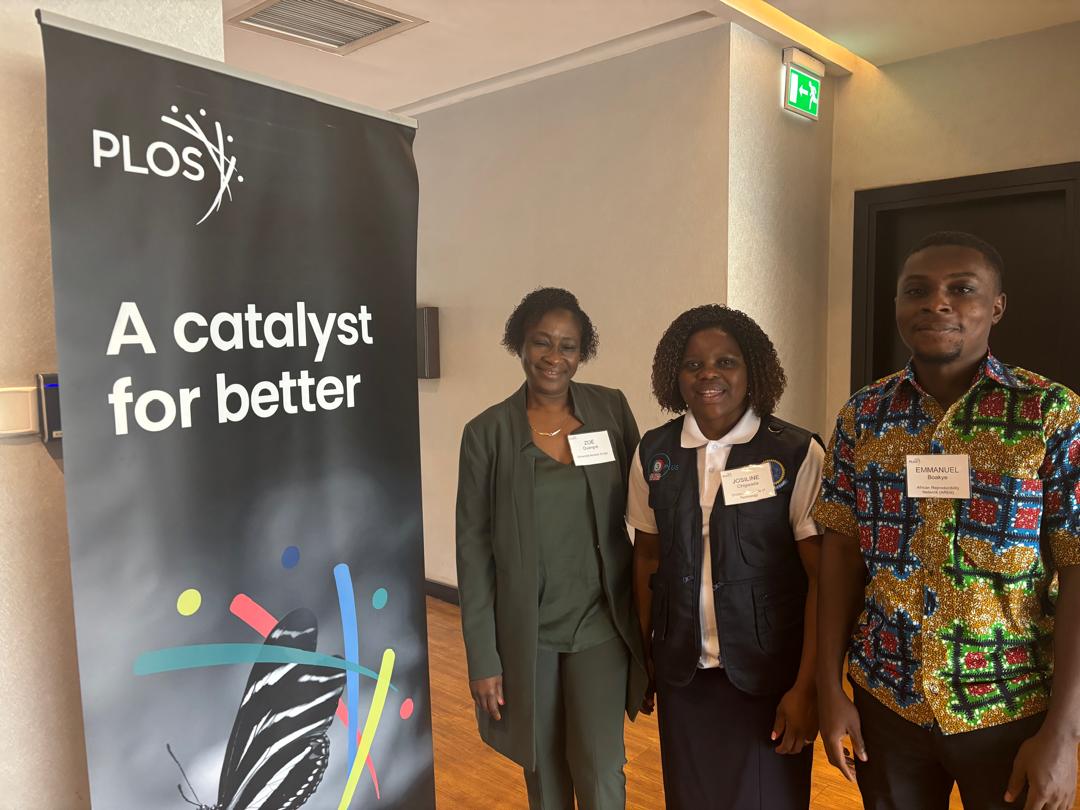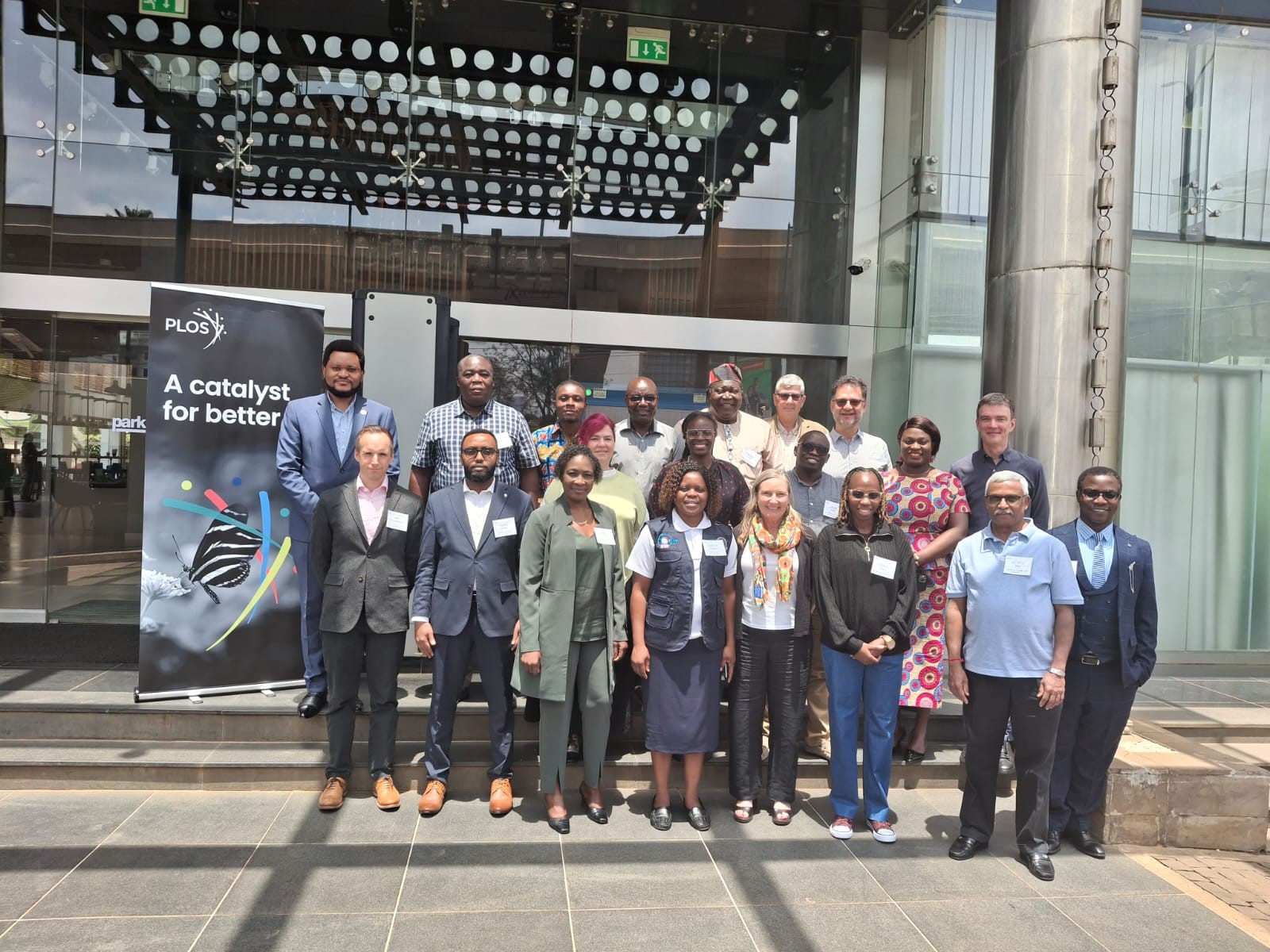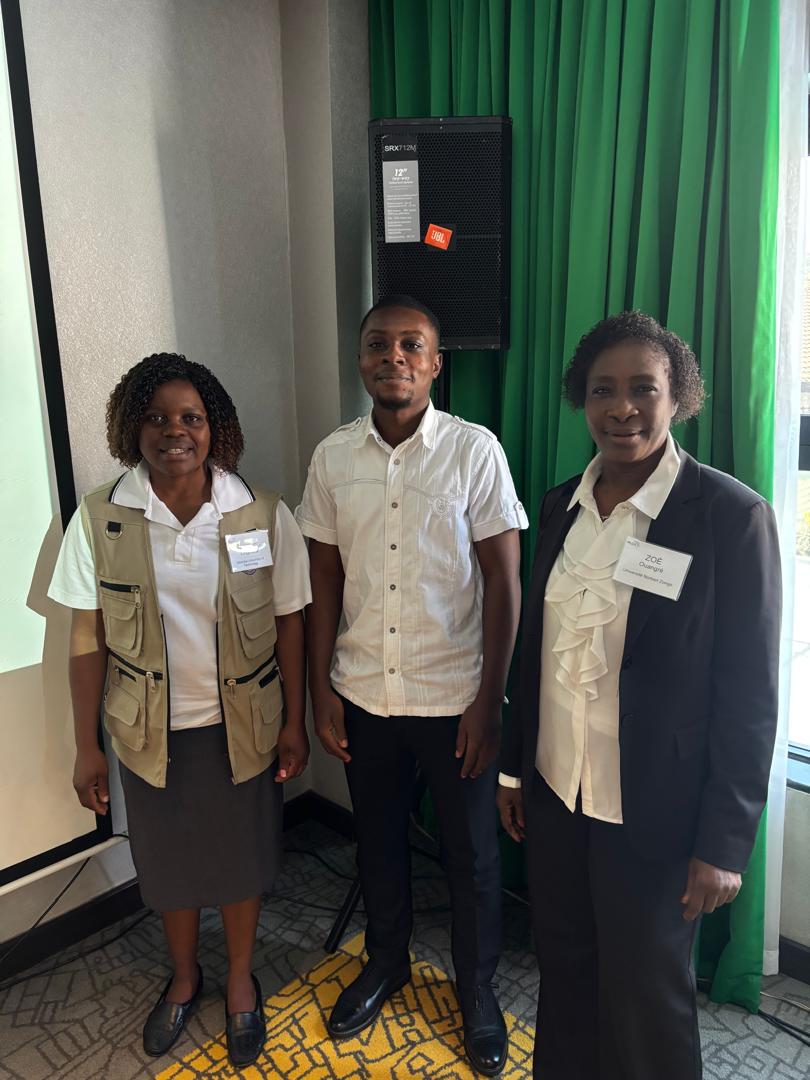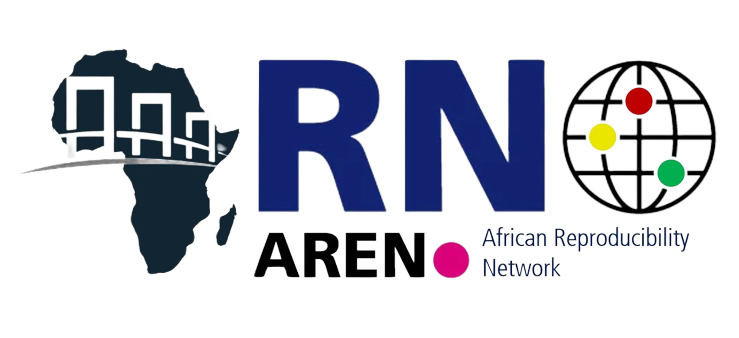Shaping the Future of Open Scholarly Publishing Globally: Insights from the PLOS Nairobi Meeting
In a significant move toward a more inclusive and equitable future for scholarly publishing, three representatives from the African Reproducibility Network (AREN) – Emmanuel Boakye (Founder & Executive Director), Josiline Chigwada (Southern Africa Regional Coordinator) and Zoé Aubierge Ouangré (Western Africa Regional Coordinator) – joined global leaders at a landmark meeting hosted by the Public Library of Science (PLOS) and the Training Centre in Communication (TCC Africa) in Nairobi, Kenya, on September 10–11, 2025.
The convening, titled "Beyond the Article and Beyond the APC: Exploring the Future of Publishing Models to Support Open Science," brought together experts from research libraries, funding agencies, regional networks, and institutions across Africa, Latin America, and the Asia Pacific to address systemic barriers in open science. The meeting focused on two major challenges: the over-reliance on the journal article as the sole measure of research contribution and the financial exclusion caused by article processing charges (APCs). The traditional journal article fails to recognise the full scope of research outputs, such as data, code, and protocols. Meanwhile, APCs create a significant barrier, particularly for researchers in resource-limited settings and early-career scientists.
A core topic of discussion was the emerging "knowledge stack" framework proposed by PLOS, which views research as a dynamic collection of linked outputs rather than a single static paper. PLOS presented its design for a scalable solution to integrate these diverse outputs, making them visible and reusable alongside traditional articles. Another key focus was a draft economic model aimed at replacing APCs with a transparent, cooperative, and collective approach to distribute publishing costs more fairly among institutions.


Group picture at the PLOS Nairobi convening. (Source: Suzanne Ridner, PLOS)

AREN's representatives. From left to right: Josiline, Emmanuel, and Zoé. (Source: Zoé)
The meeting was part of PLOS’s larger "Redefining Publishing" initiative, an 18-month research and design project supported by the Gordon and Betty Moore and Robert Wood Johnson foundations. This initiative is a response to the traditional publishing models that struggle to keep pace with the digital and collaborative nature of modern research, often undervaluing critical contributions and excluding many from participating. The Nairobi meeting was the third in a series of regional consultations. With insights now collected from all three regions—Washington, D.C., Brussels, and Nairobi—PLOS will refine the knowledge stack model and the proposed Open Science Collective business framework.
The African Reproducibility Network is proud to have contributed to this global effort, sharing insights from our engagement with grassroots researchers across Africa by highlighting the practicalities of adopting the knowledge stack, the potential of recognising non-traditional outputs to transform research culture, and the importance of creating sustainable business models that do not disadvantage researchers in low- and middle-income regions – ensuring the evolving framework is adapted to suit local contexts.
